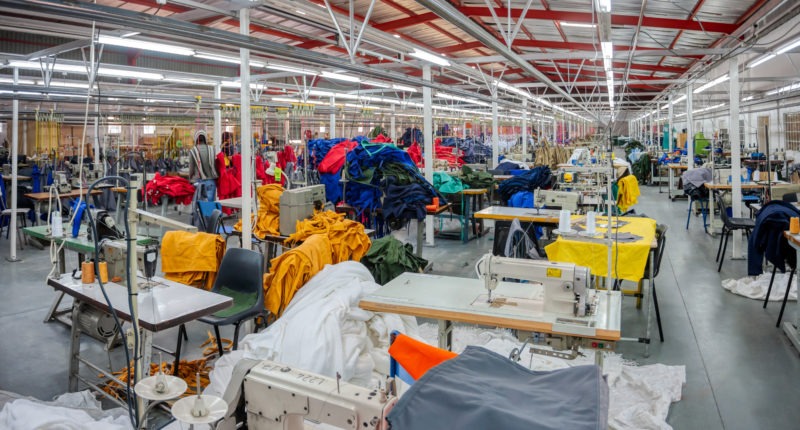On Wednesday, the Union Cabinet approved to continue the Rebate of State and Central Taxes and Levies (RoSCTL) scheme for exporting apparel/garments and made-ups until 31st March 2024. The cabinet extended the RoSCTL scheme with the same rates as the Ministry of Textiles notification of 8th March 2019.
The other textile products which the RoSCTL does not cover are eligible to receive benefits under the Remission of Duties and Taxes on Exported Products (RoDTEP) scheme. However, the sectors covered under the RoSCTL, i.e. apparel/garments and made-ups, are not eligible to get benefits under the RoDTEP scheme.
The extension of the RoSCTL scheme for apparel/garments and made-ups will make these products globally competitive by rebating the embedded taxes or levies that are currently not rebated under any other mechanism. It will pave the way for a level playing field for Indian textile exporters and ensure a predictable and stable policy regime.
The extension of the RoSCTL scheme will promote entrepreneurs and startups to export and provide an opportunity to create lakhs of jobs. The Apparel Export Promotion Council (AEPC) Chairman, A Sakthivel, said that the extension of the RoSCTL scheme is a massive support to apparel and made-up sectors and will immensely help increase their competitiveness. The made-up sector comprises home textiles products such as curtains, bed linen, carpets and pillows.
He also stated that the extension of the RoSCTL would bring back positive sentiments and help the Indian textile value chain attain USD 100 billion annual exports in the next three years. Under the RoSCTL scheme, the maximum rebate rate for apparel was 6.05%, while the rebate rate for made-ups was up to 8.2%.
Under this scheme, the exporters are issued a Duty Credit Scrip for the value of embedded taxes and levies contained in the exported products. The exporters can use this scrip to pay the basic customs duty to import machinery, equipment, or other input. When the exporters do not require these scrips for their personal use, they could transfer the scrips to any other importer since they are tradeable.
The cabinet extended this scheme as they felt a need to provide a stable policy regime for exporters since just one year after launching the RoSCTL, the pandemic hit the country. The buyers place a long-term order in the textile industry, and the exporters have to plan their activities well in advance. Thus, the policy regime regarding textile export products must be stable.
The Ministry of Textiles decided to continue the RoSCTL scheme up to 31st March 2024 independently as a separate scheme. The extension of this scheme in the apparel/garments and the made-up sector will benefit the exporters and provide a stable policy regime. Additionally, it will also help to generate more investment and lakhs of direct and indirect employment, especially for rural youth, women and migrants in the MSME segment.
For any clarifications/feedback on the topic, please contact the writer at mayashree.acharya@cleartax.in

I am an Advocate by profession. I interpret laws and put them in simple words. I love to explore and try new things in life.





